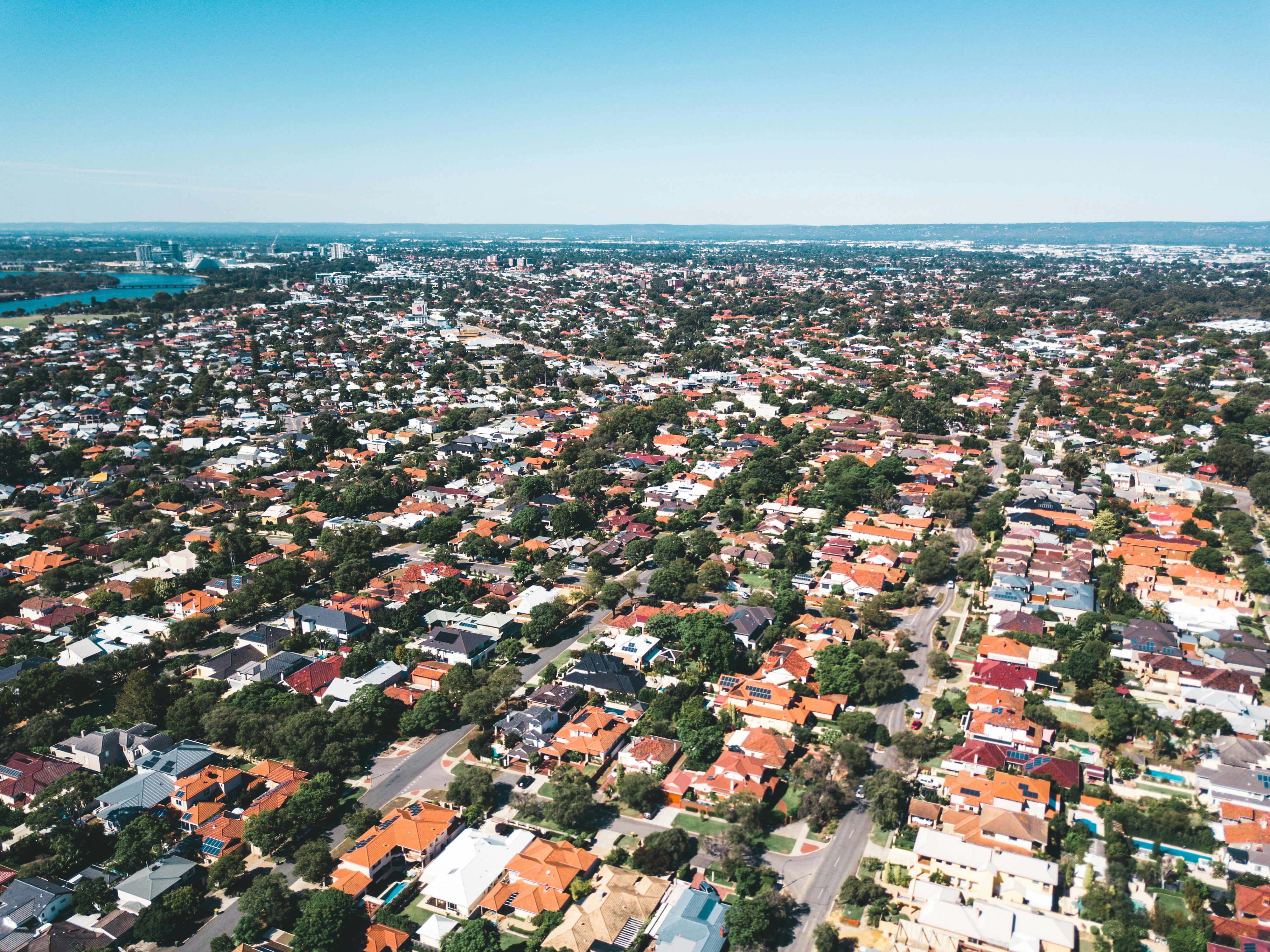More than 88% of property resales are still making profits, according to CoreLogic research, despite Australia falling into a recession for the first time in about three decades.
CoreLogic’s latest Pain and Gain report found that 12.8% of resales made losses - only up by half a percentage point in the June quarter. Properties that sold at a loss edged up marginally against a broader backdrop of rising unemployment, shrinking GDP and inflation over the same quarter. The report noted that compared to profitability, the number of transactions showed a bigger drop.
Across the combined capital cities, 13.3% of properties resold at a loss, up by 90 basis points, while across the regional markets, the rate was 12.1%, an increase of 20 basis points. Loss-making sales in Darwin and Perth appeared to weigh down the national proportion, with 52.1% and 36.2% of resales in the two cities failing to turn profits respectively.
The proportion of loss-making sales in Sydney and Melbourne were significantly lower. In Sydney, the rate increased by 1.4 percentage points to 8.8%. In Melbourne, it only crept up by 0.3 percentage points to 6.9%, though the data predates the stage four lockdowns which began in August.

Why loss-making sales didn’t surge
Godfrey Dinh, Founder and CEO of Future Rent, said an ease in housing prices due to COVID-19 has not been able to wipe out the market’s longer-term growth.
“While property prices have been falling modestly and more people are selling at a loss than usual, the market remains up by 4.86% from last year. Most expert forecasters have even reduced their expectations of price falls,” he said.
Housing values only decreased by about 2% between March, when the pandemic struck, and August, according to the CoreLogic report.
“A strong upswing in national property values between mid-2019 and early 2020 – prior to COVID-19 - will have insulated many home owners from making a loss,” the report said.
“Dwelling values are higher over the year across every capital city market except Perth and Darwin.”
The report also found that COVID-19 support from banks and the government was another factor that helped protect property owners from selling at a loss.
“Mortgage repayment deferrals have reduced the incidence of distressed sales, and kept stock level low, which may have supported dwelling prices,” according to the report.
“Low mortgage rates and sustained bank liquidity have also helped limit further price reductions, which would otherwise see a more dramatic increase in the rate of loss-making sales.”
While property values have dropped less than expected, Mr Dinh advised investors to use the opportunity to put their investment strategy under the microscope.“Depending on your circumstances, it can really pay to examine all your options so you can be strategic about when you sell.”
The property sales most likely to turn a profit

Notably, units were about twice as likely than houses to sell at a loss in the June quarter, CoreLogic found. Nearly 90% of houses turned a profit when resold, compared with about 80% of units.
Houses in Melbourne were the least likely to be unprofitable, with only 2.9% of detached homes selling at a loss in the city. For units, the most successful market for resales in the June quarter was Hobart, where some 3% of apartments made a loss.
The report also found that investors were more susceptible to loss-making sales than owner-occupiers, with 18% and 11.1% failing to make gains respectively. Value declines typically affect owner-occupiers less than investors, though many investors accept this as they can generally offset any losses against future capital gains.
Aside from the property and buyer type, how long a property was held also had an impact on profitability. Longer hold periods generally translated to better profits, but the timing of the purchase in the property cycle added another layer to this.
“For example, those purchasing 2-4 years ago will have bought close to the peak of the previous housing market upswing in October 2017, while purchases made just a few years prior had yielded twice the median profit,” the report said.












